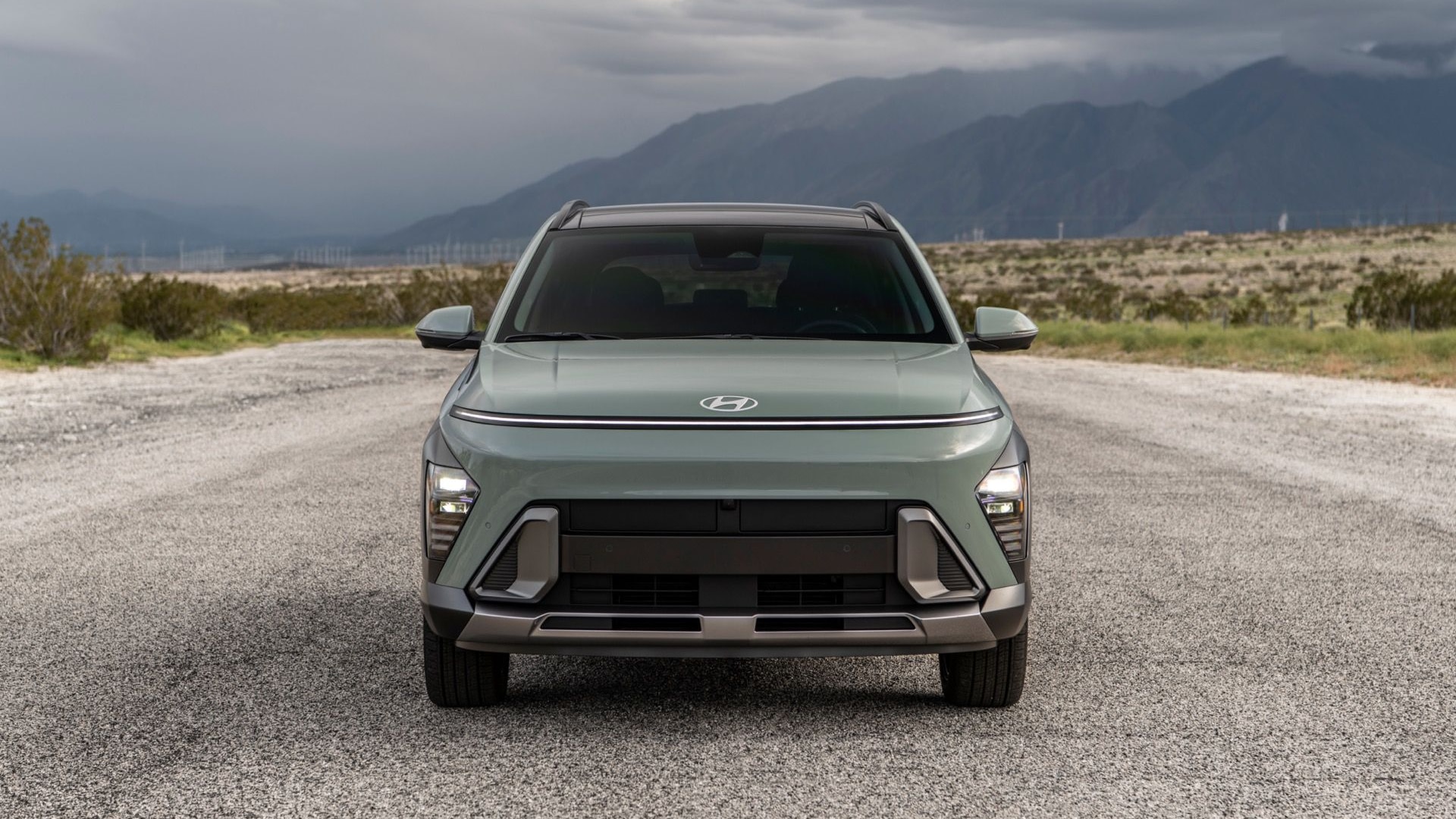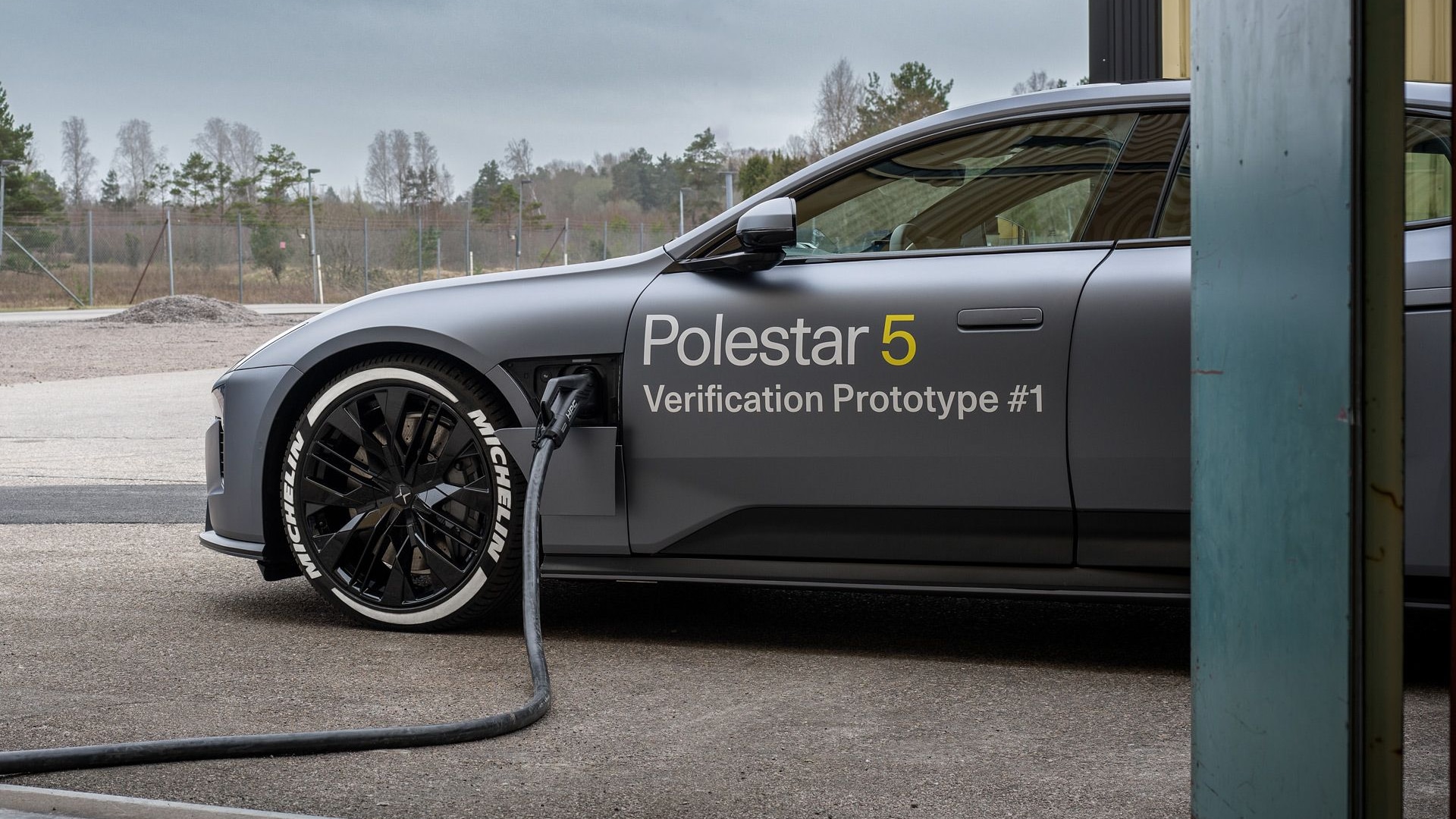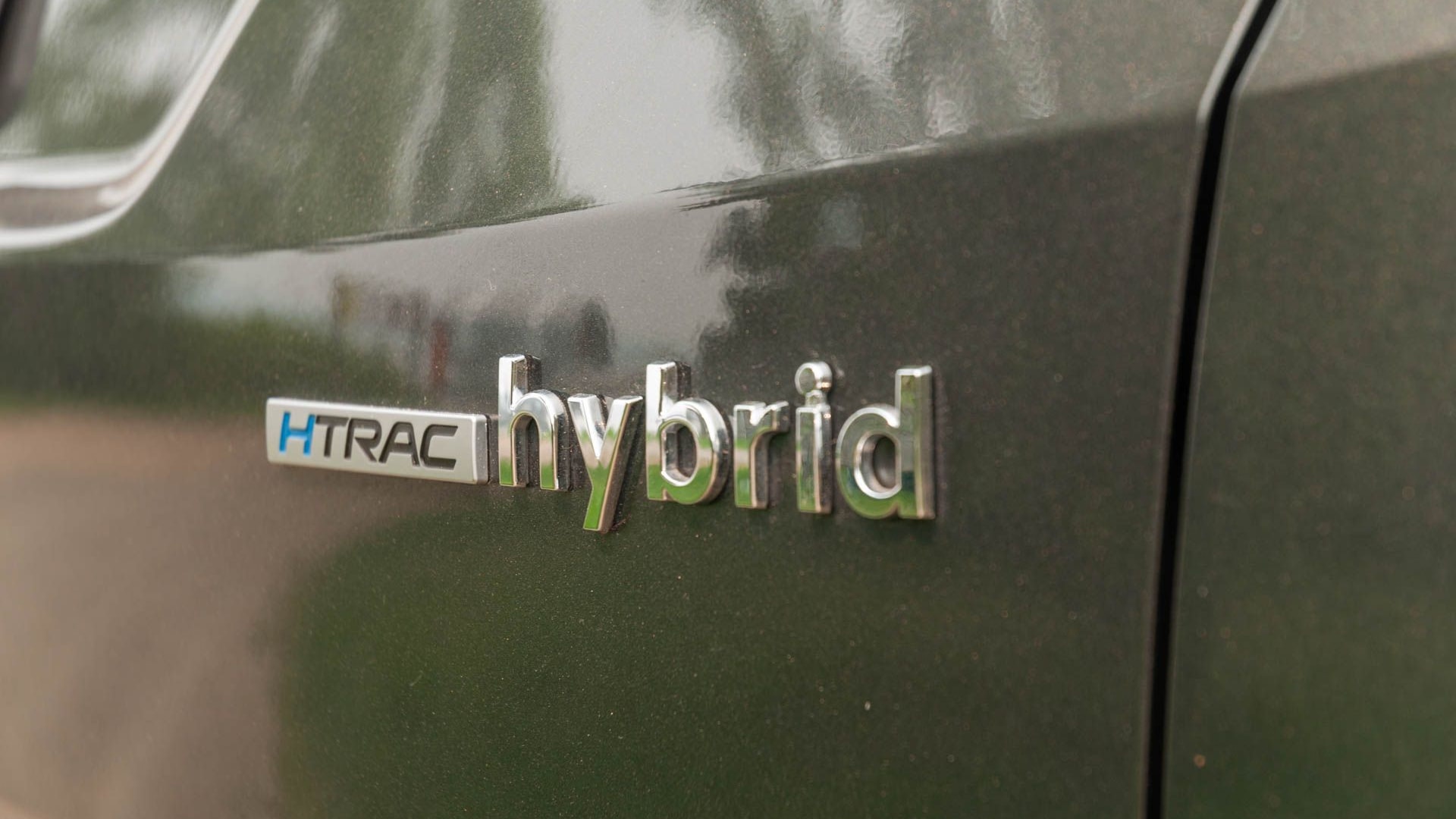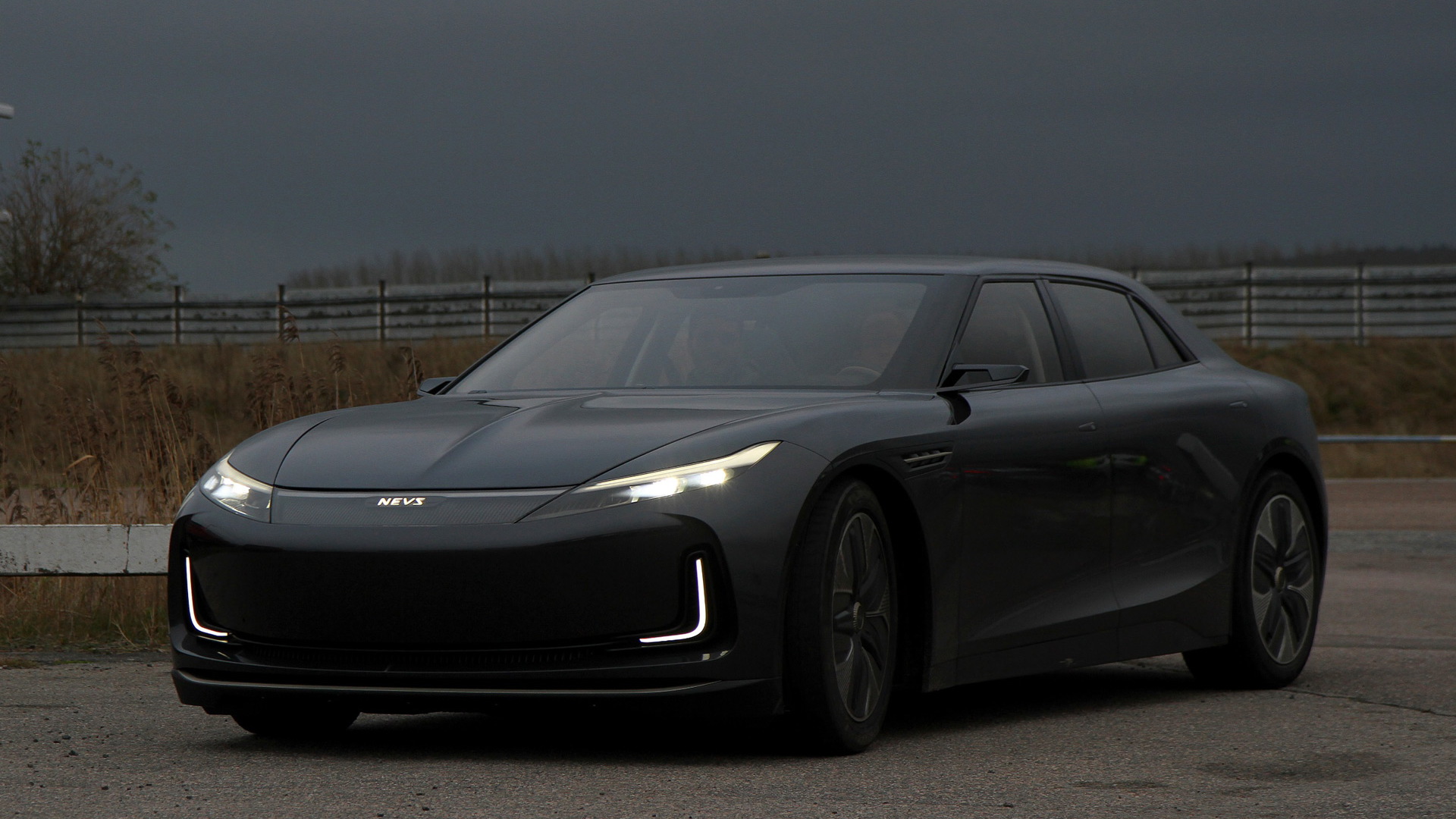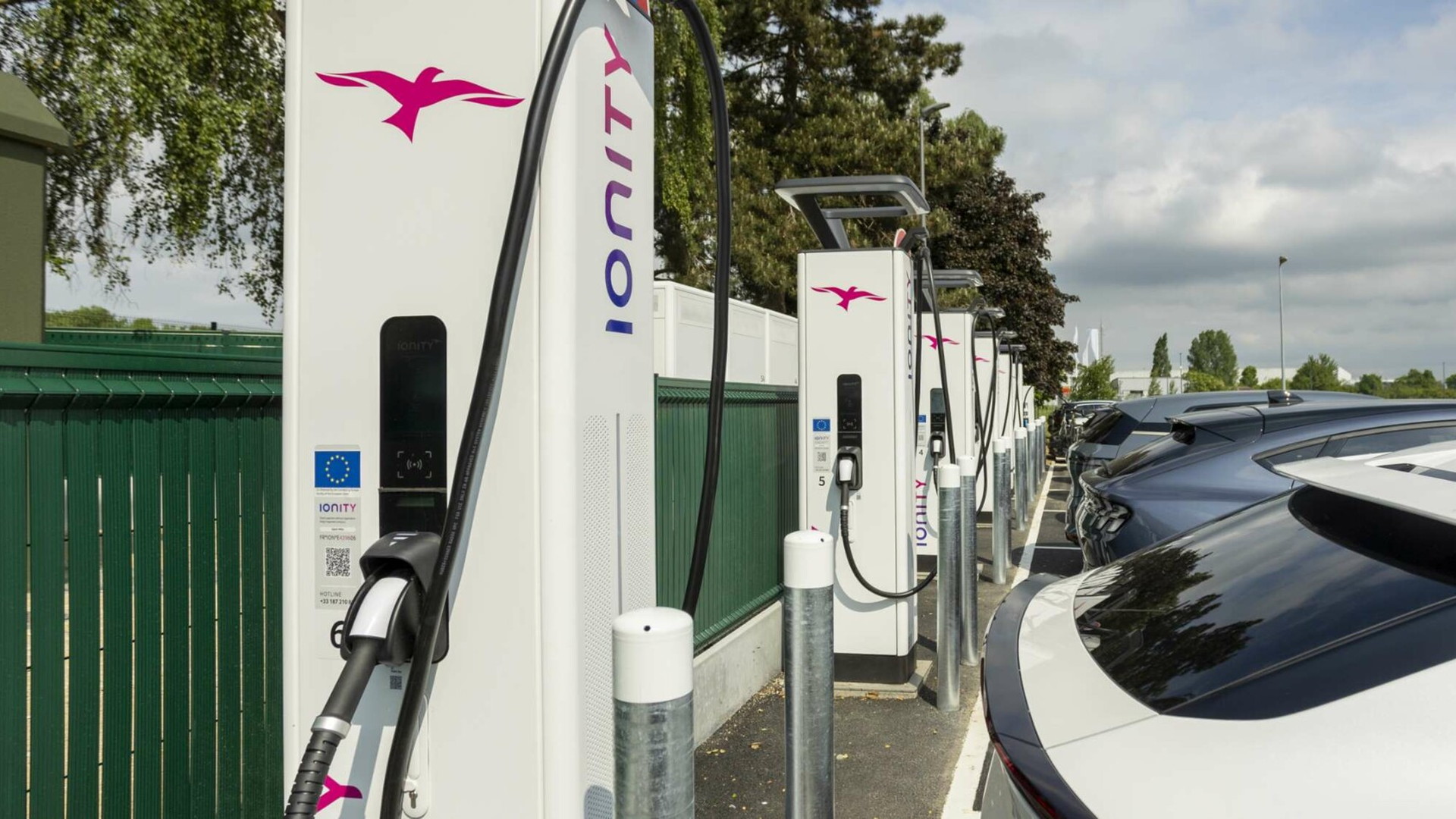Volkswagen is returning recalled TDIs for sale at its dealerships, and we drive one that has had a software update to address emissions violations. Is it as good as we remember? Tesla makes good on a promise to reduce the number of its contractors by locking them out of facilities this morning. That was fast! Most big conservative donors oppose spending tax money to provide incentives for people to buy electric cars. A recent political conference, however, showed that stance may be changing. A battery shortage is limiting supplies of 2018 Hyundai Ioniq Electric cars, and may spill over into the company's upcoming Kona electric. And tiny Elio motors, which is planning to make a three-wheeled, car that gets 80 mpg for $8,000, plans to stay afloat with an investment from Overstock.com—and by selling virtual stock tokens. All this and more on Green Car Reports.
When Volkswagen agreed to fix hundreds of thousands of its TDI diesel models, critics were skeptical that most of them could be fixed. The company's 2.0-liter TDI diesels before 2012 lacked selective catalytic reduction technology—urea injection—that modern diesels use to pass the standards, and it wasn't possible to retrofit them. The company went ahead with a software fix for these cars, and we went and drove one to see if it was as good as we remembered. Read on for our verdict.
Tesla CEO Elon Musk promised investors on last Wednesday's earnings call that the company would cut costs by reducing contractors. That promise was fulfilled this morning as the company disabled access for all contractors unless a Tesla employee vouched for the quality and need for their work. Will this help or hurt Tesla's ability to reach its Model 3 production targets, we wonder.
A global battery shortage is putting Hyundai electric cars in short supply. The company confirms that the Ioniq Electric is backordered across North America and that production of its eagerly awaited Kona electric may be affected as well.
And conservative lobbyists and policy makers run into a standoff over whether to oppose purchase credits for electric cars. Want to know why? Let's follow the money.
Finally, Volvo announced a service that will allow its cars to communicate with each other to warn of hazards in the road. It's part of the next generation of safety technologies known as V2V or vehicle-to-vehicle communications, and it could help avoid accidents with autonomous cars like the one that hit a self-driving Waymo minivan in Arizona over the weekend. The Volvos will also share information with Volvo trucks, which is now a separate company, in Norway and Sweden.
